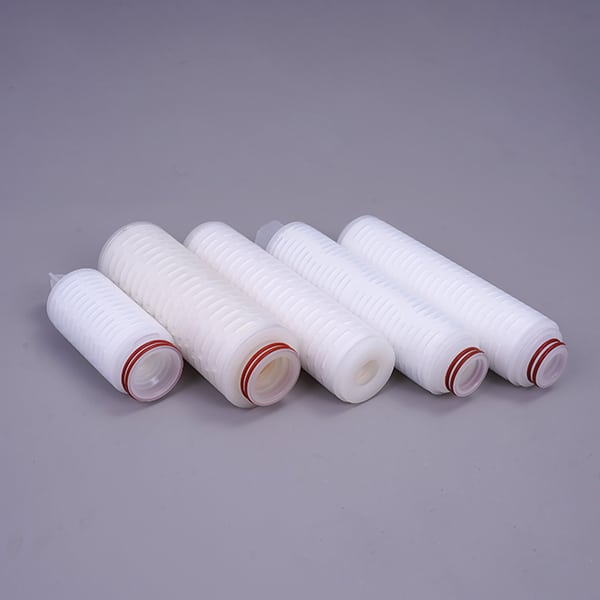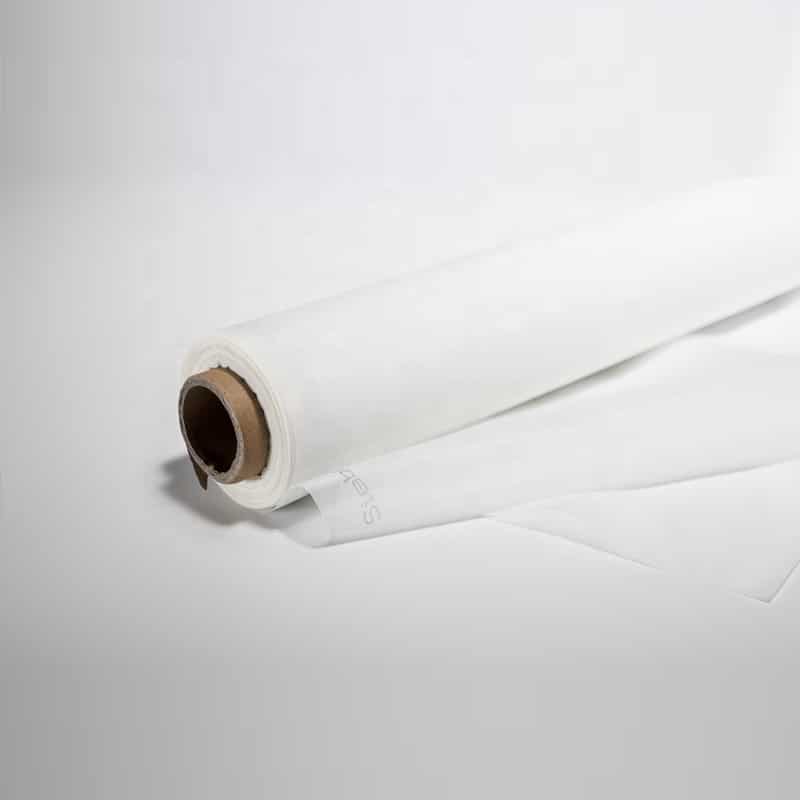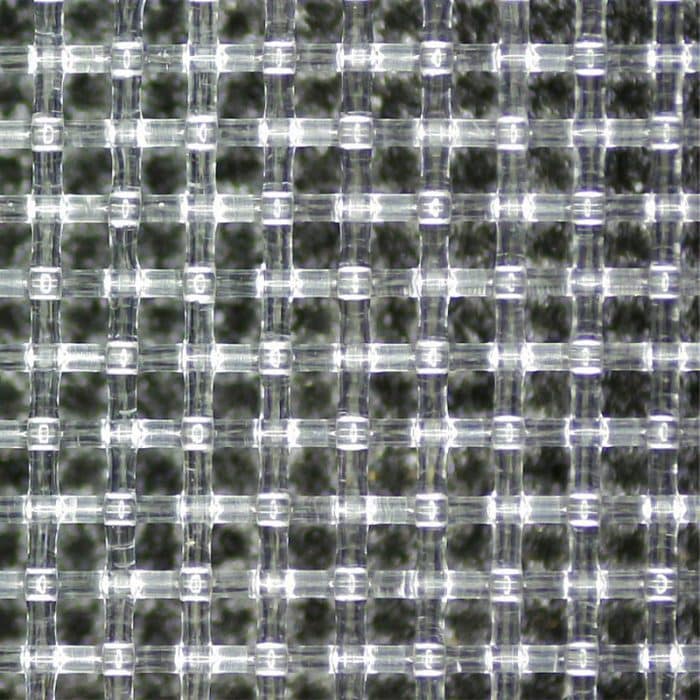
Comprehensive Guide to 1 Micron and Other Filter Mesh Sizes
Filtering systems are essential in a wide variety of industries, including water treatment, pharmaceuticals, food processing, and more. Each application requires a specific filtration size to remove contaminants effectively. This guide will focus on filters ranging from 1 micron cloth to 1000-micron filters, discussing the various types, materials, and uses for each filter mesh size. We will cover everything from 1 micron filter mesh to 1000 micron strainer, helping you select the best filtration solution for your needs.
Chapter 1: Understanding Micron and Mesh
What is a Micron? A micron, also known as a micrometer, is a unit of measurement that represents one-millionth of a meter (1 micron = 1 µm). The size of particles is often measured in microns, making it an essential unit for filtration systems.
What is a Mesh Size? Mesh size refers to the number of openings per inch in a screen or filter. For example, a 100 mesh filter means there are 100 openings per linear inch. The larger the mesh size, the smaller the particles it can filter. Mesh sizes and microns are related; for instance, a 100 mesh filter typically filters particles that are 150 microns or larger.
Chapter 2: 1 Micron Filter Mesh and Its Applications
1 Micron Mesh Filter A 1 micron mesh filter is used for ultra-fine filtration. This type of filter is capable of trapping particles as small as bacteria and some viruses, making it ideal for applications requiring high levels of purity, such as pharmaceutical production, drinking water treatment, and food processing.
- 1 Micron Cloth: Often made from materials like polyester or polypropylene, 1 micron cloth is a flexible and durable option for fine filtration.
- 1 Micron Stainless Steel Filter: Known for its durability and resistance to corrosion, 1 micron stainless steel mesh is commonly used in industries requiring both fine filtration and chemical resistance.
Applications for 1 Micron Filters
- Pharmaceutical Industry: Ensures the purity of chemicals and drugs by filtering out tiny contaminants.
- Drinking Water Filtration: Used in high-end water filters to remove harmful bacteria and pathogens.
- Food Processing: Removes unwanted particles in beverages like juice or wine.
Chapter 3: 10 Micron Filter Mesh and Its Benefits
10 Micron Filter Mesh A 10 micron filter is commonly used to filter out small particles, such as pollen, dust, and certain types of debris.
- 10 Micron Nylon Filter Cloth: Nylon is a popular material for filter cloths due to its high tensile strength and resistance to abrasion.
- 10 Micron Stainless Steel Filter: Stainless steel offers the advantage of being both durable and easy to clean, making it ideal for repeated use.
Key Applications for 10 Micron Filters
- Air Filtration: Removes small particles from the air, improving air quality in HVAC systems.
- Oil and Gas Industry: Filters small impurities from oil to prevent damage to machinery.
- Automotive Industry: Used in fuel filters to protect engines from fine contaminants.
Chapter 4: 100 Micron Filter Mesh for Medium Filtration
100 Micron Filter Mesh A 100 micron filter is widely used in various industrial applications where medium-sized particles need to be filtered. It is commonly used for water, chemicals, and fuel filtration.
- 100 Micron Nylon Filter Cloth: Offers flexibility and is resistant to chemicals, making it ideal for water filtration systems.
- 100 Micron Stainless Steel Mesh: This filter is more robust and often used in industrial applications where reusability and durability are critical.
Applications for 100 Micron Filters
- Water Filtration: Filters out silt, sand, and algae in irrigation and water treatment systems.
- Fuel Filtration: Removes larger particles from diesel fuel and gasoline, extending the life of engines.
- Food and Beverage: Removes pulp and sediment in juice production.
Chapter 5: 200 Micron Filter Mesh for Coarse Filtration
200 Micron Filter Mesh A 200 micron filter is best for filtering coarse particles from liquids and gases. It is commonly used in pre-filtration systems where larger contaminants are removed before finer filtration.
- 200 Micron Nylon Filter Cloth: Lightweight and resistant to water, it is commonly used in irrigation systems and food processing.
- 200 Micron Stainless Steel Mesh: More durable than nylon, this filter can handle higher temperatures and more abrasive materials.
Key Applications for 200 Micron Filters
- Pre-Filtration in Water Systems: Removes larger particles like sand and grit, which could clog finer filters.
- Industrial Processes: Filters particles from industrial liquids, such as paints and varnishes.
- Agriculture: Used in irrigation systems to filter out larger organic debris.
Chapter 6: 500 Micron Filter Mesh and Its Uses
500 Micron Filter Mesh A 500 micron filter is designed for coarse filtration and is often used as the first stage of a multi-stage filtration system.
- 500 Micron Nylon Mesh: Ideal for applications where flexibility is needed, such as filtering out leaves and large debris in irrigation systems.
- 500 Micron Stainless Steel Mesh: Best for industrial applications where durability and heat resistance are required.
Applications for 500 Micron Filters
- Water Treatment: Used in the initial stages of water treatment to remove large debris.
- Industrial Filtration: Filters out coarse particles in chemical processing plants.
- Agriculture: Keeps irrigation systems clear of large debris that could clog smaller nozzles.
Chapter 7: Choosing the Right Filter for Your Application
When selecting a filter mesh, several factors must be considered:
- Material: The choice of filter material, such as nylon, polyester, or stainless steel, should align with the application’s requirements. Stainless steel is best for harsh environments, while nylon is ideal for more flexible uses.
- Mesh Size: Choose the appropriate mesh size based on the type of contaminants you need to remove. For fine filtration, opt for 1 micron or 10 micron filters. For coarser applications, 100 micron or 200 micron filters are better suited.
- Durability and Reusability: Stainless steel filters offer the advantage of being easy to clean and reusable, making them cost-effective in the long run. Nylon filters are generally disposable but can be used multiple times depending on the application.
Chapter 8: Customization and Manufacturing of Filter Mesh
At [Your Company Name], we offer customized solutions for filter mesh based on your industry needs. Whether you require a specific micron size or material, our team can help design a filtration system tailored to your application.
Conclusion
The wide range of filter mesh sizes—from 1 micron to 1000 micron—provides versatile solutions for industries ranging from pharmaceuticals to agriculture. By understanding the different materials, mesh sizes, and applications, you can select the best filter for your needs, ensuring efficiency, durability, and cost-effectiveness.
For more information or to inquire about our products, contact [Your Company Name] today. We are dedicated to helping you find the perfect filtration solution for your business.



